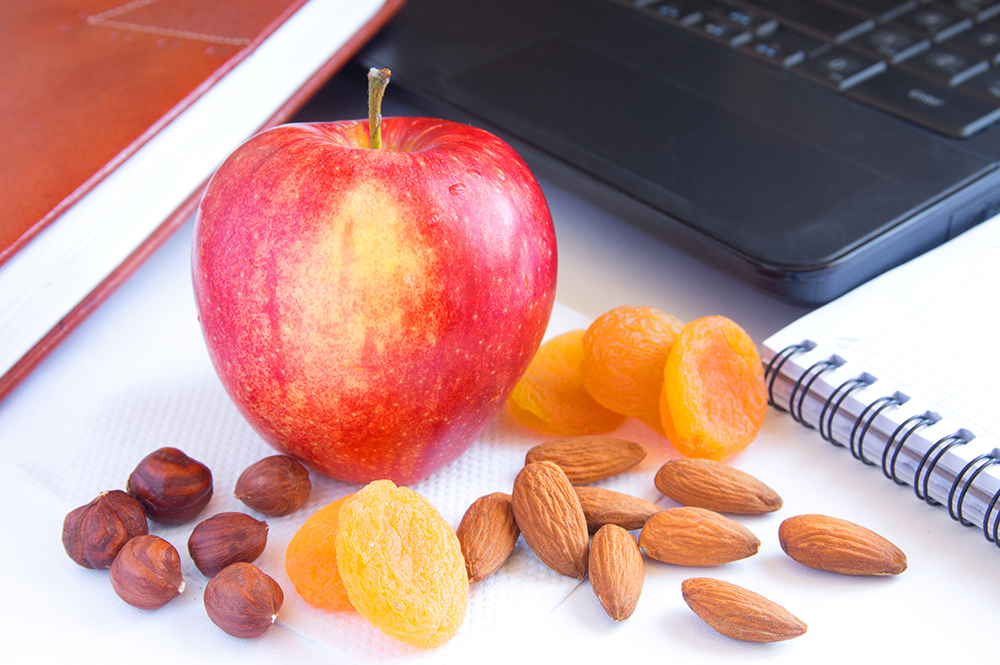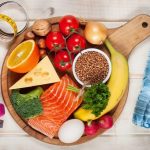Munches O’Clock: Meal Timing
I get a lot of confusion about when/how much to eat throughout the day from clients. Should I eat every hour? Should I be fasting? Should I be eating in the middle of the night to keep my blood sugar levels stable? Should I only eat three times per day? Six times per day? Should I be grazing all day? The answer is not terribly simple, unfortunately. It has to do with individual metabolism, blood sugar, and personal scheduling.
Your blood sugar level rises and falls related to many factors (age, hormone levels, sleep, stress, drugs, metabolic conditions), but for most people, one of the most relevant activities with a glycemic (blood sugar) effect is eating/fasting. When you eat, your pancreas secretes insulin to attach to the carbohydrates you ingest and allow them to be processed by your body. Your blood sugar rises, depending on how well you genetically process carbohydrate (see this article) and how much/what type of carbohydrate you eat. It then steadily falls as time goes on, until it becomes low enough that it coincides with hunger/fatigue (“hypo” glycemia), and it’s time to eat again. Unfortunately, many people eat the wrong types of carbohydrates, too much, or they aren’t eating until hypoglycemia kicks in, which leads to overeating.
The scientific jury is out about whether it is better, for purposes of weight loss, to eat more often (every three hours, for example), but there’s no debating that eating steady amounts of complex (happy) carbohydrate throughout the day keeps your blood sugar more stable, which means you won’t suffer from severe spikes/drops that mess with your hormones/cause overeating. If your schedule allows it and you learn to pair protein/good carbs/good fats in a clever manner, eating more often is an ideal way to time your food intake.
I like to tell people to never go more than 3-4 hours without eating, whether it’s a meal or a snack. Both meals and snacks should feature a source of lean protein, a source of healthy fat, and a source of complex carbohydrate. For example:
- Lean Protein = wild fish, organic eggs, organic cheese/yogurt/kefir/cottage cheese/ricotta cheese, raw nuts/seeds, raw nut/butter, organic poultry/meat, organic soy/tofu, etc.
- Healthy Fat = olive oil, coconut oil, avocado oil, avocado, nuts, seeds, nut butters, etc.
- Complex Carbohydrate = 100% whole wheat, quinoa, rye, oats, sweet potato, fruit, squash, pumpkin, vegetables, brown rice, spelt, millet, teff, amaranth, beans, buckwheat, wheatberry, etc.
The amounts/proportions will vary person to person, which is why you, YES YOU, need a registered dietitian to help you coordinate and concoct a perfect meal/snack schedule that fits your medical, social, financial, and spiritual food needs. Just call me the snack/trap queen. Need snack ideas? I’m all over it.
Essentially Yours,
Monica






